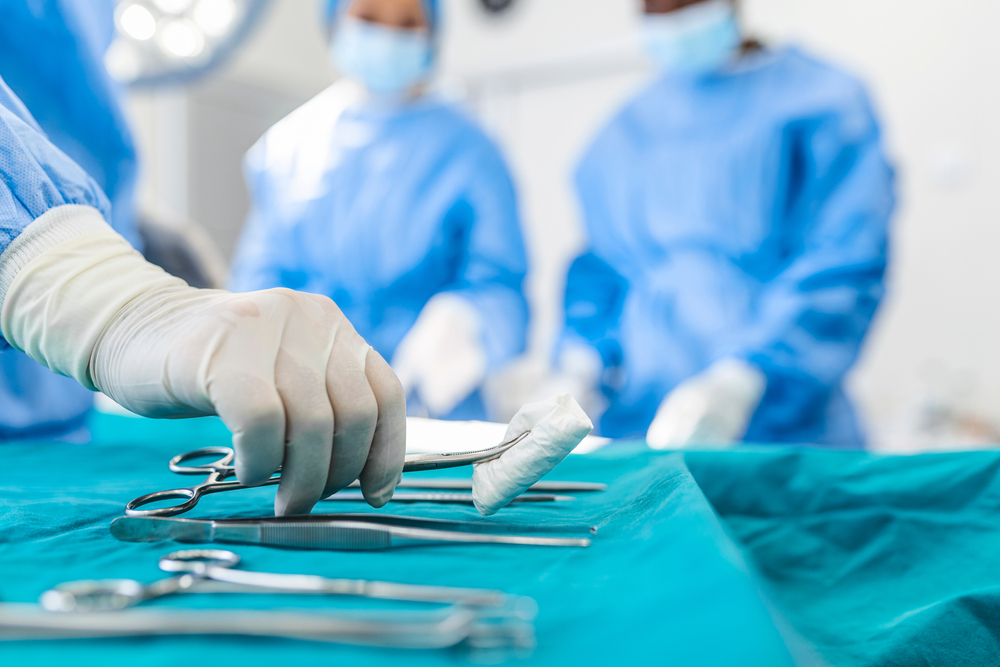Pharyngeal flap surgery is done to treat VPI (velopharyngeal insufficiency), a condition of slight difficulty in breathing, or a nasal sound while speaking. In this surgery, an amount of muscle tissue.....
Pharyngeal flap surgery is done to treat VPI (velopharyngeal insufficiency), a condition of slight difficulty in breathing, or a nasal sound while speaking. In this surgery, an amount of muscle tissues are transferred from the throat to the palate to narrow down the excessive space between the oral cavity and the nasal cavity.
-
Steps to take before the surgery
Our doctor at Medanta may run a few tests to ensure you are in optimum health to undergo the surgery, and will thoroughly prepare you for the treatment. Discuss with your doctor about the post-surgery care, medication to be avoided, and diet plan before and after the surgery.

-
What happens during the procedure?
Before the procedure, a dose of anaesthesia or topical sedation is given and then the surgeon makes small surgical cuts or incisions in the wall of the throat to procure a flap of tissues while still attached from one end. The free end of this flap is attached to the soft palate and creates an extra covering of tissue connecting the palate and the back walls of the throat. This newly added flap of tissue narrows down the space between the palate and the throat, while still providing enough space for the air to pass through the nose for functional breathing.

-
After the surgery
When the patient is normal, he/she may return to their daily routine. There are no restrictions on physical activity. The patient may notice snoring after the surgery, but the snoring improves as the swelling diminishes.

Pharyngeal flap surgery is an effective treatment. But, it has some shortcomings which can be minimised by skilled surgeons.

The advantages of Pharyngeal Flap Surgery are:
- The surgery is aimed at improving all over the quality of life.
- There is no restriction in physical activities after the surgery.
- Improvements are apparent in the first week.
- This procedure enhances the quality of sound and helps in effortless breathing

The risks associated with Pharyngeal Flap Surgery are:
Around 20% cases of successful pharyngeal flap surgery reported the development of hypernasal speech. Apart from this, other surgical risks such as allergic reaction to anaesthesia, and slight bleeding may happen.

The patient may face a risk of never being able to breathe with the nose. Return of 100% intelligible speech is also not found in some cases.

